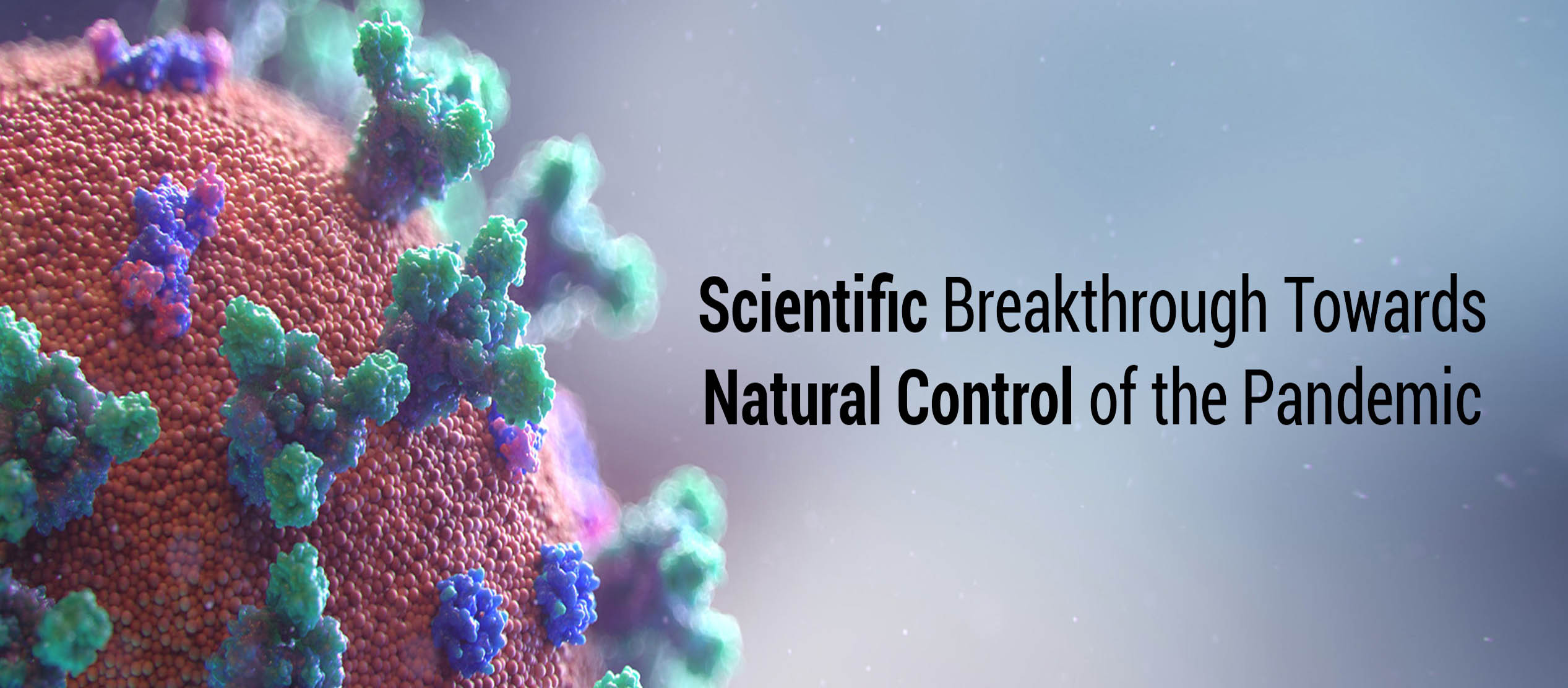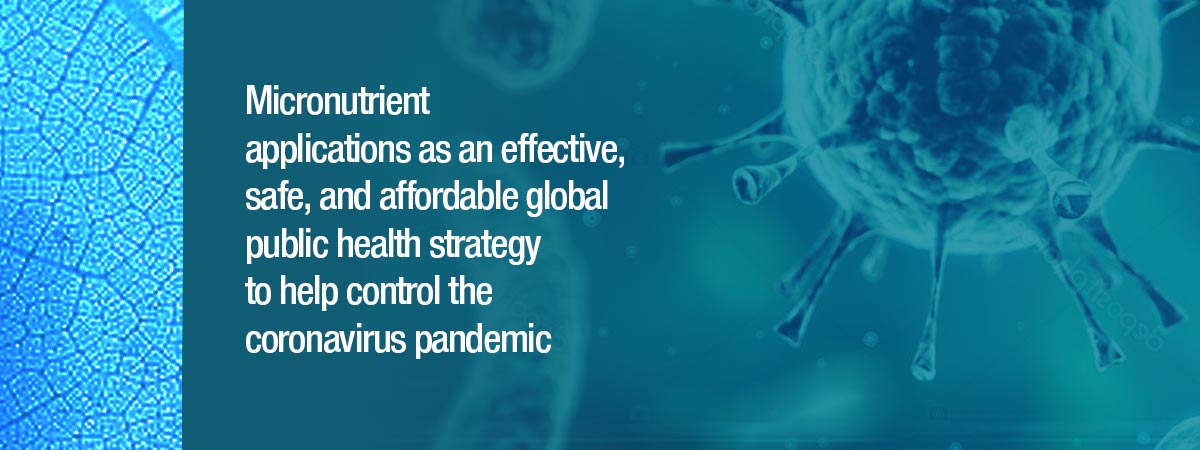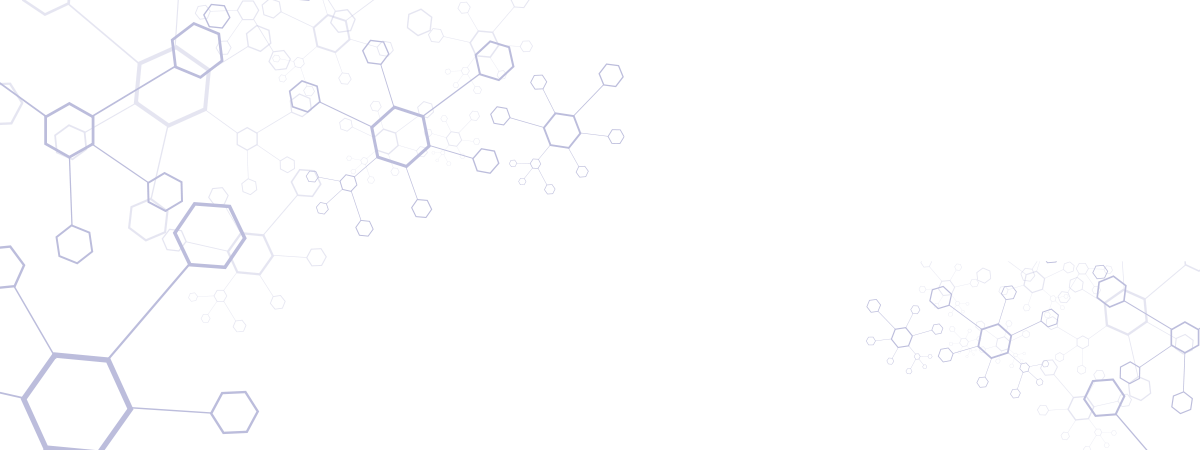Niedzwiecki A., Bhanap B., Roomi MW, Rath M.
Chapter In: Gupta R., Srivastava A., Lall R. (eds) Nutraceuticals in Veterinary Medicine. pp 611-624 2019, Springer, Cham
Abstract:
Worldwide, cancer is the second leading cause of death. Currently about ninety percent of cancer deaths are attributed to metastasis with no effective treatment options to control it. Current standard cancer treatments such as surgery, chemotherapy, and radiation are associated with multiple side effects. Nutraceuticals including vitamins, minerals, amino acids, and several phytochemicals derived from diet are known to have antioxidant and anticancer properties. However, individual compounds have limited anticancer efficacy as compared to their use in combinations.
In this chapter, we describe the efficacy of different combinations of vitamin C and green tea polyphenol (-) epigallocatechin-3-gallate (EGCG) with other natural components and their cancer preventive mechanisms. Properly chosen micronutrient combinations can overcome the metabolic limitations of individual components and enhance the scope of their therapeutic efficacy. In this aspect, our in vitro and in vivo studies have shown that synergy-based interaction of selected micronutrients is effective in controlling key mechanisms of cancer, such as inhibition of cancer cell proliferation, invasion, metastasis, triggering apoptosis, and reducing angiogenesis, among other mechanisms. This nutrient synergy combination is safe and effective in targeting multiple mechanisms of cancer, and it should be investigated further in a clinical setting.




















